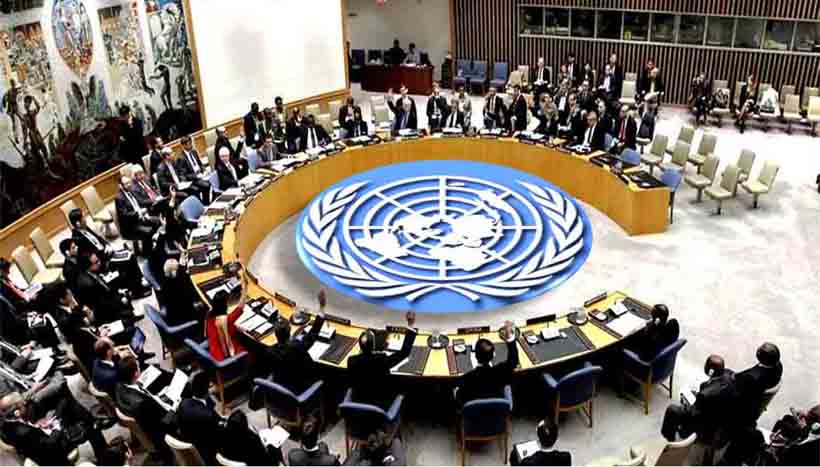Prime Minister Narendra Modi has once again emphasised the need for the expansion of the UN Security Council and reforms in global institutions to better reflect current global realities. With India’s G20 Presidency achieving unprecedented outcomes, world leaders praised Prime Minister Modi for his resolute leadership and for championing the interests of the Global South. India has risen as a viable regional power, offering a valuable solution to the world’s collective challenges.
During India’s G20 presidency, the country has indeed pursued a balanced and constructive approach. The emphasis on peace and a collective global vision under Prime Minister Modi’s leadership has been commendable. The consensus reached during this G20 summit in today’s complex world reflects India’s skilful navigation towards peaceful and progressive outcomes. The achievement of over a hundred tangible outcomes during this G20 meeting, nearly double the results of previous meetings, is a testament to India’s effectiveness. Notably, none of the resolutions adopted have been confrontational; instead, historic decisions and collaborations have been made that are poised to reshape the world order shortly. The India-Middle East-Europe corridor declaration is a game-changer that can transform the global socio-economic landscape. The inclusion of the 55-member African Union in the G20 is another historic step that India has long advocated for, highlighting the influence India holds in the current world order.
India’s call for the expansion of the UN Security Council, similar to the G20’s inclusive approach, is justified. When the UN was established, it had only 51 founding members and five permanent members in the UNSC. Today, with over 200 member countries, the composition remains the same. In the digital age, where distances no longer matter, new power centres have emerged, and India is among them. The voices and concerns of developing and smaller countries often go unaddressed, leading to resentment and discontent. The need for change is evident, as the current structure allows a few countries to exert significant control over the UN Assembly. Issues like terrorism, international food security, environmental concerns, and inadequate funding for addressing these challenges have persisted for too long. The inability of the five permanent UNSC members to reach a consensus for the betterment of humanity is becoming increasingly apparent. The equitable sharing of resources and a stronger focus on environmental issues, particularly climate change, are pressing concerns.
India has consistently demonstrated leadership in handling these global challenges. Its active participation and ability to deliver in times of crisis make a strong case for India to play a more responsible role within the UN. Many developed countries support India’s candidature, recognising its influence and commitment to addressing the voices of the majority worldwide. BRICS, ASEAN, and other forums have highlighted India’s contributions to international affairs.
Similarly, the IMF and World Bank should explore the possibility of expanding their membership to include representatives from emerging economies. This expansion is crucial to ensuring that the interests of these growing economies are safeguarded. It is imperative to make ample financial resources available to underdeveloped countries to facilitate their development. Such measures are vital for establishing a more equitable global balance that ultimately benefits humanity as a whole. Unequal distribution of resources remains a significant source of discontent and conflict worldwide. Achieving food security, improving access to quality education, and enhancing healthcare services are still distant dreams for many people. This situation must be rectified, and decisive actions need to be taken without delay.
The demands for the expansion of the UN Security Council and other UN organisations are genuine and deserve open consideration. The world has changed significantly, and the UN must adapt to the current global landscape. The expansion of the UNSC and the sharing of responsibilities within the UN and other global organisations should be prioritised for the greater good of the world.
Trending Now
E-Paper


